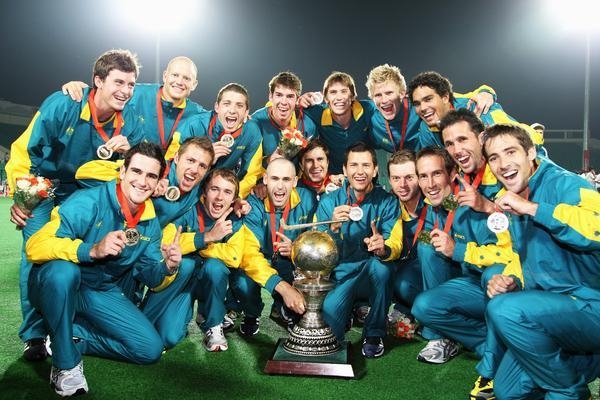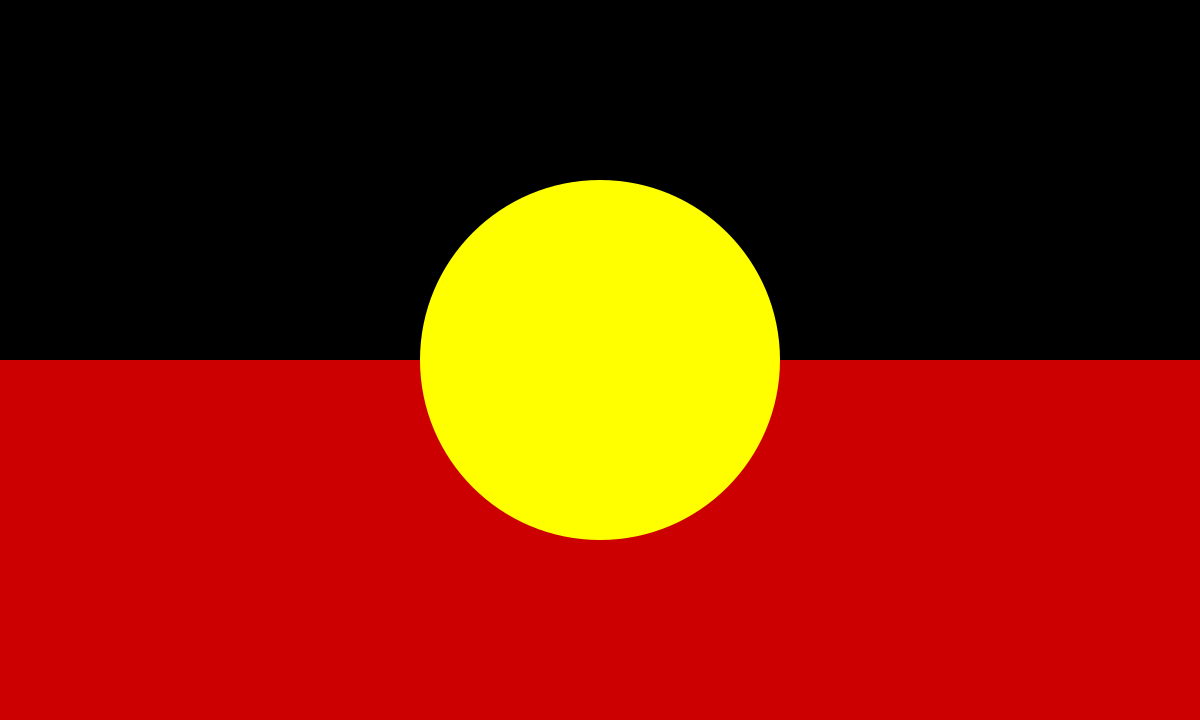The Kookaburras have won their first World Cup in 24 years, defeating Germany 2-1 in the 2010 World Cup final in New Delhi, India.
AIS-WAIS athletes Fergus Kavanagh, Graeme Begbie and Kiel Brown all helped the Kookaburras to an historic win in a thrilling final.
The match was the third consecutive World Cup final to be competed by Australia and Germany, with Germany winning the two previous encounters.
The victory is Australia’s second ever World Cup title, and puts the Kookaburras back as the world’s number one ranked team.
It also goes some way in enhancing coach Ric Charlesworth’s status as one of Australia’s greatest coaches. Since taking over the Kookaburras at the beginning of 2009 the team has won the two biggest international events on the hockey calendar, first the 2009 Champions Trophy and now the 2010 World Cup.
Charlesworth, who was a player during Australia’s previous World Cup victory in 1986, now becomes only the second person to ever win the World Cup as player and coach after Hans Jorritsma won as a player in 1973 and then as coach in 1990 and 1994.
With both teams ranked first and second in the world, it was always going to be a tense final as Germany attempted to become the first country to win three consecutive World Cup titles.
As they have done so many times throughout the tournament, the Kookaburras looked to strike early. In a piece of individual brilliance by Eddie Ockenden they did just that, with the young Tasmanian showing elite ball control skill to beat the goalkeeper and score the first goal of the match at the six minute mark.
Germany were given an opportunity to respond when awarded a penalty corner after working the ball onto Luke Doerner’s foot in the circle, however the shot on goal was marginally wide.
The Kookaburras were determined to make it as difficult as possible for Germany to move the ball out of defence, and placed an enormous amount of pressure in Germany’s back half.
While this resulted in more circle penetrations for the Kookaburras, Germany’s defence were as equally determined, restricting any real genuine shots on goal with the score line reading 1-0 as both teams headed for the half time break.
In a similar trend to the first half the Kookaburras looked to extend their lead early, with Des Abbott creating a penalty corner only three minutes into the half. However the shot was saved and then cleared from the goal line by German captain Max Muller.
From here Germany lifted their intensity and began to work their way on top of the Kookaburras in a bid to equal the score.
Eventually they were given an opportunity when they received a penalty corner after the umpire penalised defender Fergus Kavanagh for hitting the ball away after the whistle had been blown. Germany made the most of it, with their variation beating goalkeeper Nathan Burgers and bringing them back into the game.
Sensing the momentum swing Germany went on the hunt for another goal and would have had it if not for a brilliant save from Burgers from another penalty corner attempt from Germany with 13 minutes remaining.
Showing the signs of a champion team, the Kookaburras withstood the German attack and countered it, receiving a penalty corner with 10 minutes remaining. After Germany called for the video referral questioning the corner Ric Charlesworth produced a clever coaching tactic, bringing regular flicker Luke Doerner back onto the field while the video referral was taking place, technically subbing him back onto the field before the corner had been awarded and making the substitution legal.
The move paid off, with Doerner converting his eighth goal of the tournament to put the Kookaburras back in front in the dying stages of the match.
Despite some close calls Germany could not break through the determined Kookaburras defence, with Australia holding on to win a memorable final and re-establishing themselves as the best team in the world.
– Hockey Australia



